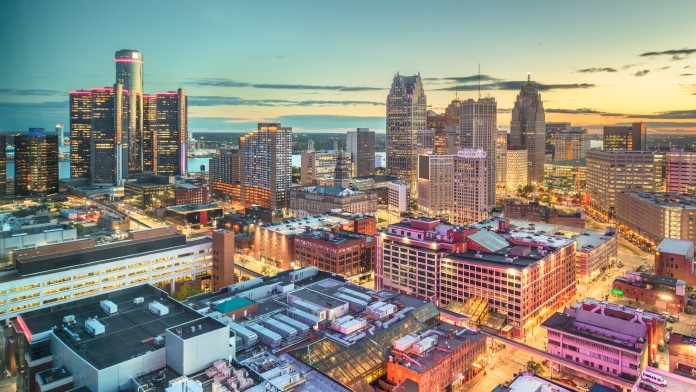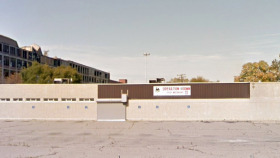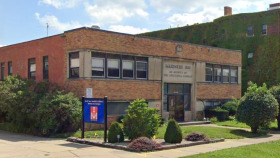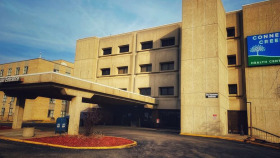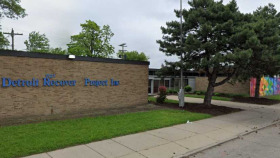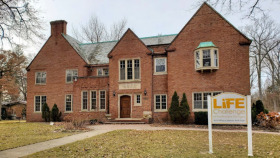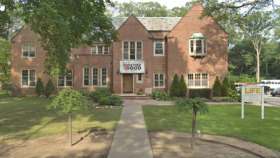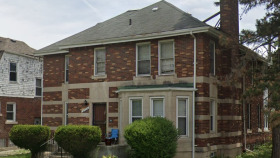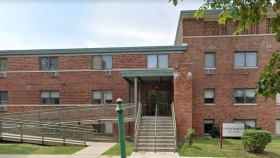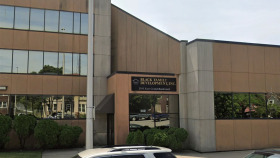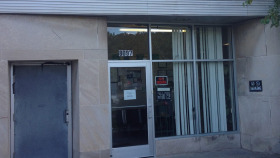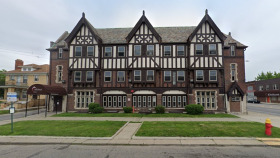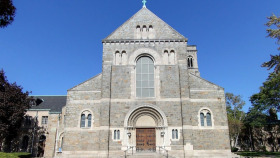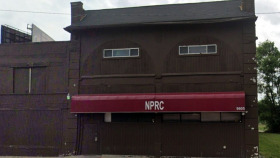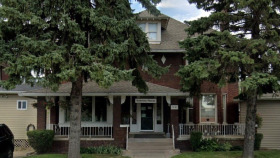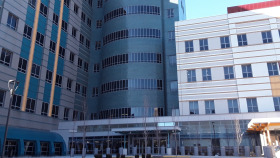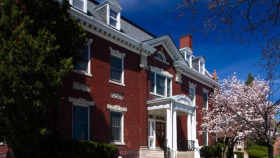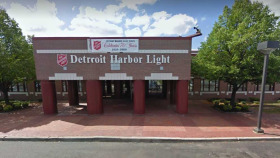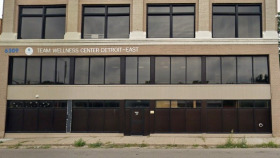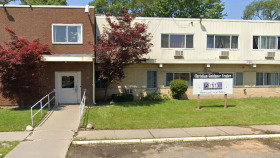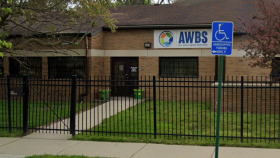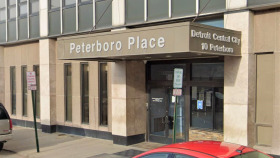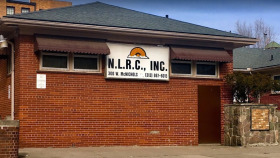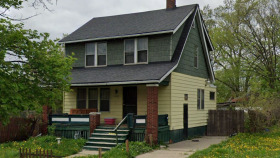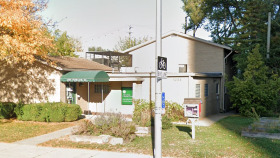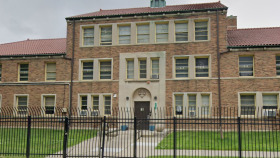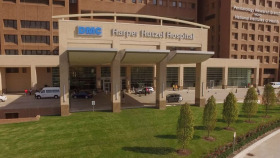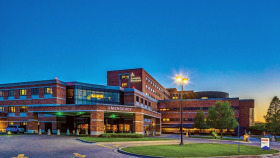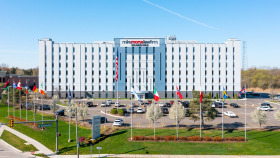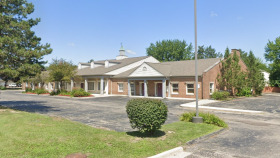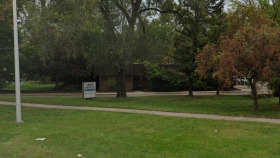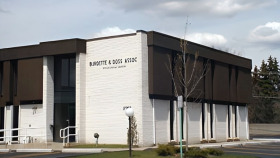Expert Insights
The opioid epidemic has drawn a lot of attention to drug overdoses in Detroit. A majority of the overdose deaths that have occurred in the Motor City over the past decade have involved opioids. But as this threat looms, we can’t let other threats get lost in its shadow. The fact is, 41% of Detroit overdose deaths involve cocaine. This drug is the second most abused substance in Wayne County. And it’s second to alcohol, not opioids. As we focus on outreach and treatment from the 130 drug rehab centers available in Detroit, let’s keep these “smaller” threats in mind.
~ Kerry Nenn
Cost of Drug Rehab in Detroit
The cost of addiction treatment in Detroit varies by facility and several other variables, including:
- Whether the rehab or detox center you want to enroll in accepts your insurance
- The type of addiction setting you need (inpatient vs. outpatient)
- The type of facility you attend (luxury vs. standard)
- Program duration (30 vs. 60 vs. 90 days or longer)
- Whether you need to undergo medical detox, which will add time and additional expense to your program
Fortunately, you have several payment options for addiction treatment in Detroit. Private insurance, Medicaid, Medicare, scholarships, income-based programs, and payment plans can make getting help significantly more affordable.
Low-Cost and Free Drug Rehab Centers in Detroit
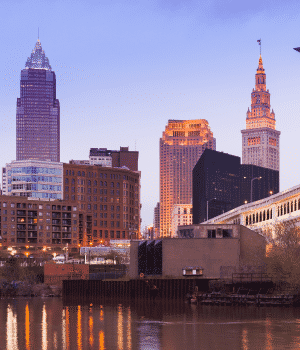 If your financial situation makes paying for care difficult, you may be eligible for low-cost or free care at one of Detroit’s state-funded facilities. State-funded addiction treatment centers in Detroit receive their funding via Michigan tax dollars. This government funding allows these facilities to offer services at a reduced cost or completely free, depending on your situation.
If your financial situation makes paying for care difficult, you may be eligible for low-cost or free care at one of Detroit’s state-funded facilities. State-funded addiction treatment centers in Detroit receive their funding via Michigan tax dollars. This government funding allows these facilities to offer services at a reduced cost or completely free, depending on your situation.
If you’re interested in seeking reduced-cost care at a state-funded facility, be prepared to prove that you:
- Are a legal resident of the United States
- Are a resident of Michigan
- Do not have insurance, or your insurance is inadequate
- Do not have enough income to cover the cost
- Have an addiction or mental health diagnosis
Does Insurance Cover Rehab Center Costs?
Yes – if you carry health insurance, you can also use your plan to help cover the cost of your care. The Affordable Care Act classifies addiction and mental health care as essential health benefits. This means all insurance providers—private insurers, Medicaid, and Medicare—must provide some degree of coverage.
However, not all drug rehab centers in Detroit accept all forms of health insurance. You’ll need to verify your coverage with each addiction treatment center to determine if the provider is in-network with your plan.
Detroit Alcohol and Drug Use Statistics
Drug and alcohol use in Detroit, Michigan has long been a serious concern for the community. Opioid misuse is particularly problematic in the metro area. Approximately 78% of overdose deaths in 2018 involved at least one opioid.Alcohol, cocaine, methamphetamine, prescription pills, and marijuana use are also of ongoing concern.
Detroit alcohol and drug use statistics of note include:
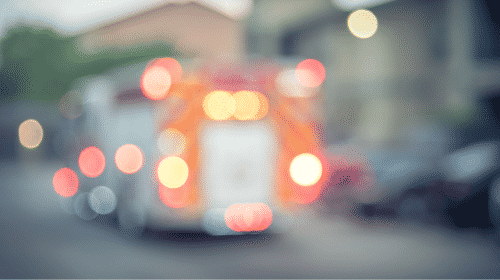
Between 2012 and 2020, more than 2,000 Detroit residents died from a drug overdose.

In 2019 alone, 364 Detroit residents experienced a fatal drug overdose. Of those deaths, 86% involved an opioid, 76% involved a synthetic opioid, and 41% involved cocaine

From 2017 to 2018, approximately 480,000 Detroit residents aged 12 and older met the criteria for a substance use disorder.

Roughly 92,000 Detroit residents met the criteria for a co-occurring substance use disorder and serious mental illness between 2017 and 2018.
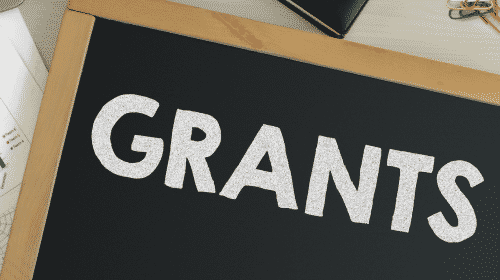
In 2019, nearly 17,000 Detroit-area residents were admitted to addiction treatment covered by Medicaid or government grant funding. This figure does not reflect admissions paid for in cash, those covered by private insurance, and those paid for by the corrections department.
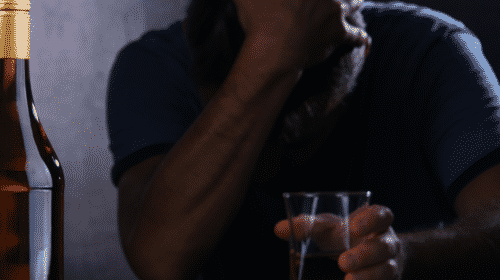
In 2019, approximately 38.5% of people admitted to addiction treatment programs in Detroit cited alcohol as their primary substance of misuse.
Alcohol and Drug Laws in Detroit
Michigan Good Samaritan Law: The State of Michigan recognizes that during a suspected overdose, rapid response and prompt medical attention can save a life. In 2016, the state passed the Good Samaritan law, which makes saving lives a priority when overdoses occur. This law protects people from drug possession charges when they call emergency medical personnel for an overdose in certain situations.
Michigan Naloxone Standing Order Law: Michigan passed its statewide standing order for naloxone (Narcan)—a medication that can rapidly reverse opioid overdose—in 2016. This law allows any pharmacy in the state to dispense this life-saving medication to anyone anonymously. Although naloxone isn’t technically available over the counter, Michigan’s standing order makes it available without a prescription to people who need it.
Resources
- Detroit Overdose Surveillance. (2021). https://detroitmi.gov/sites/detroitmi.localhost/files/2021-12/2021%20Report%20%28Detroit%20Overdose%20Surveillance%202012-2020%29.pdf
- National Institute on Drug Abuse. (2020). Michigan: Opioid-Involved Deaths and Related Harms.
- Michigan Department of Health and Human Services. (2020). 2020 Substance Use in Michigan – Impact of the Pandemic.
- National Drug Early Warning System. (2020). Wayne County (Detroit Area) Drug Use Patterns and Trends, 2020.
- National Institute on Drug Abuse. (2020). Part 1: The Connection Between Substance Use Disorders and Mental Illness.

